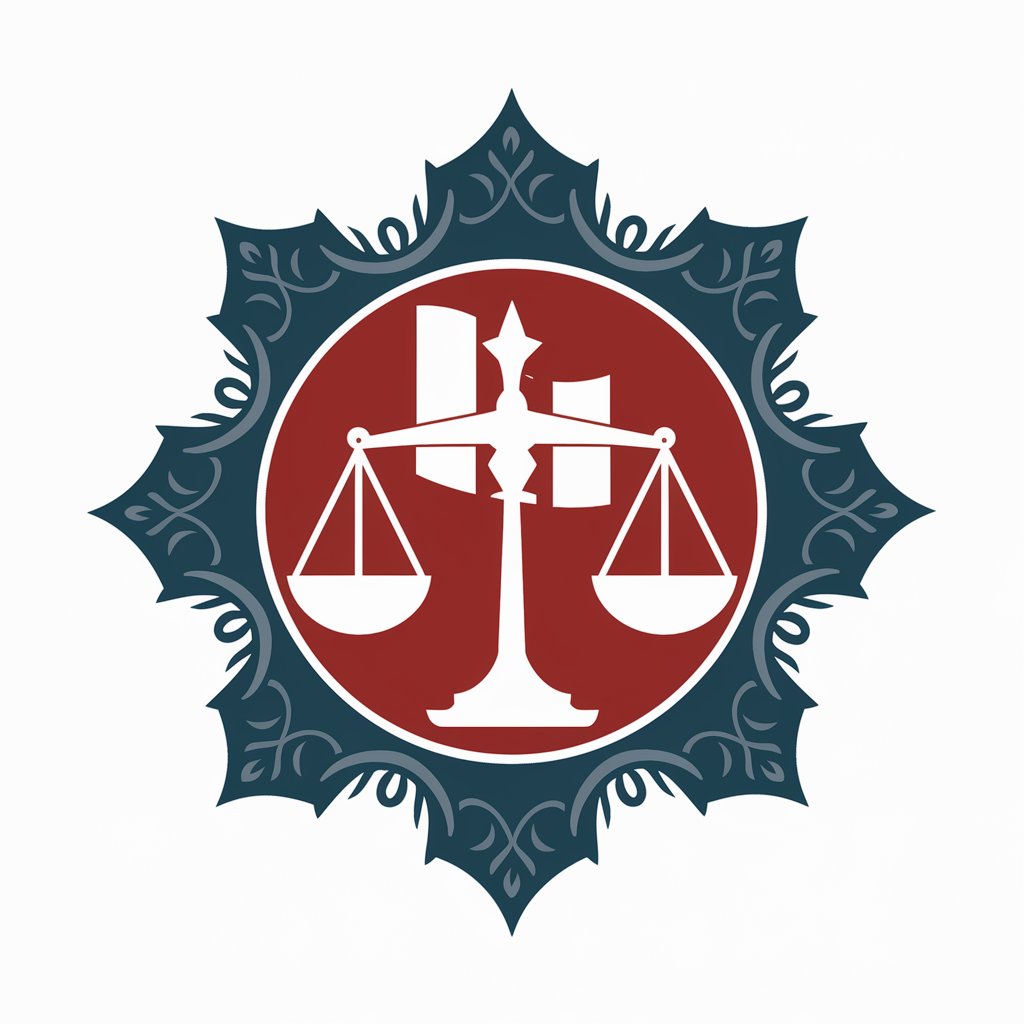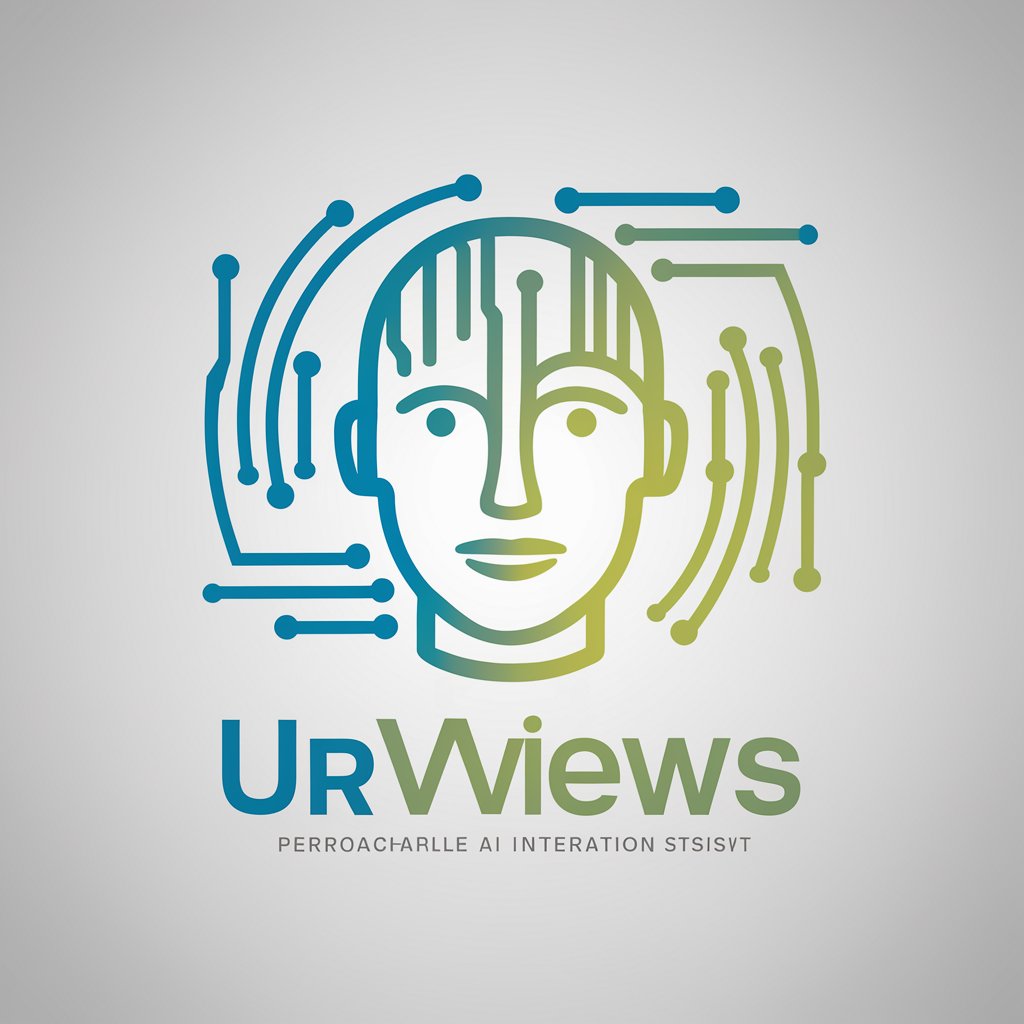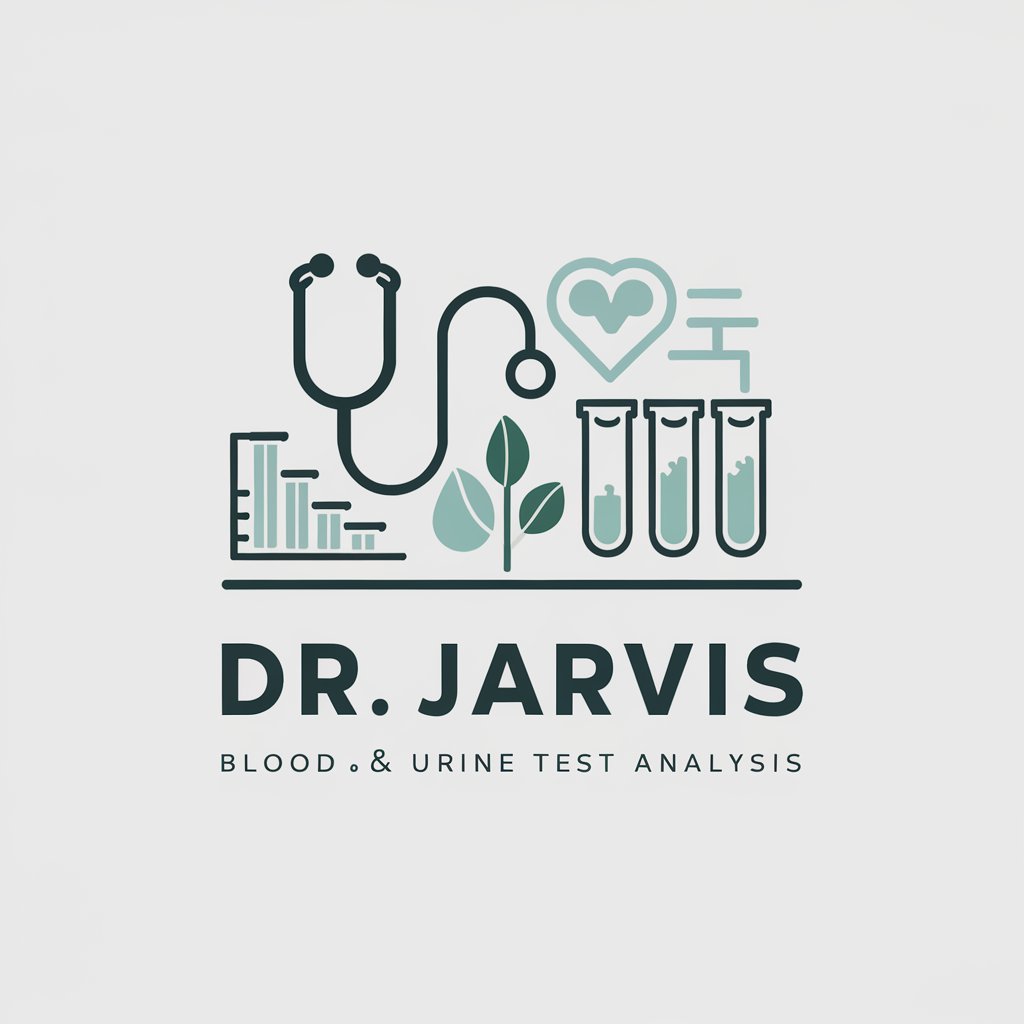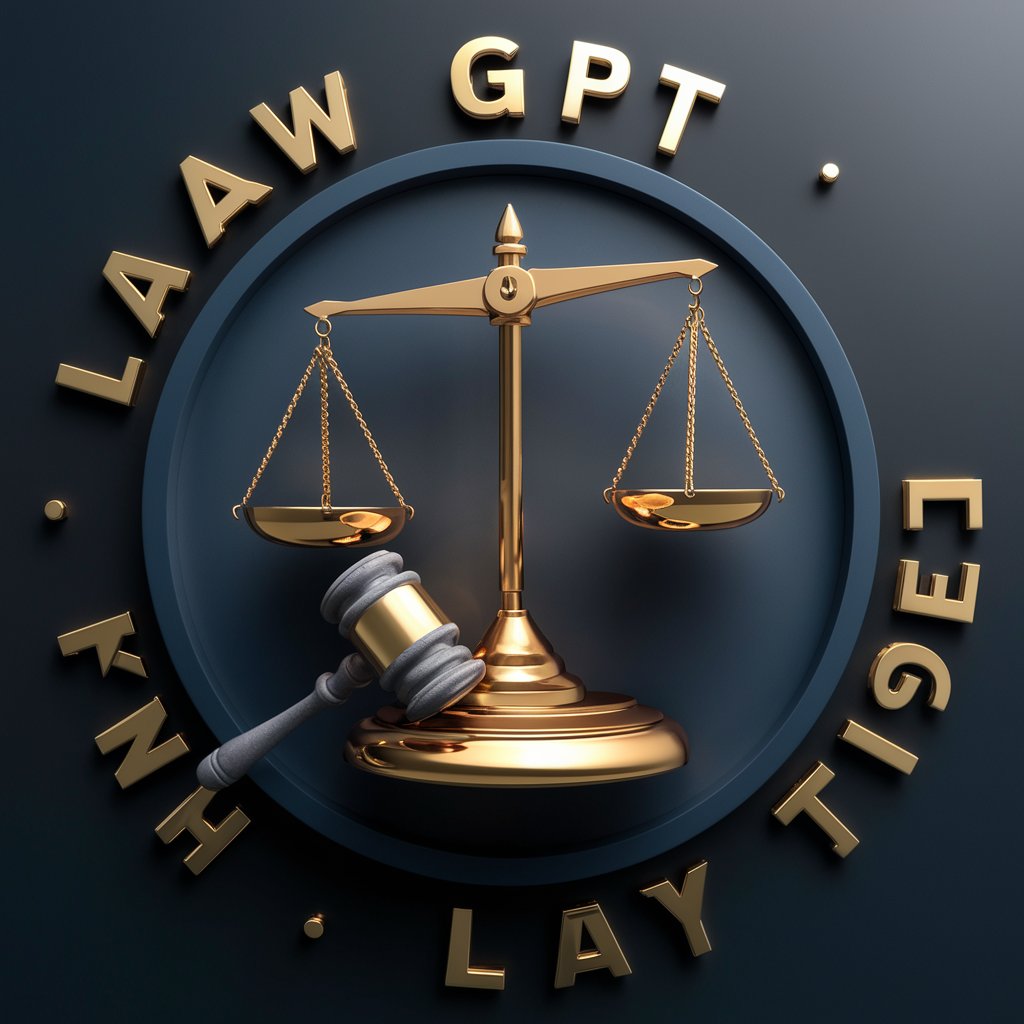
RechtGPT - Swiss Law Guidance

Herzlich willkommen! Stellen Sie Ihre Fragen zum Schweizer Recht.
AI-powered Swiss Law Expert
Explain the application of Article 1 of the Swiss Civil Code.
Describe the principle of good faith as outlined in Article 2 of the Swiss Civil Code.
What are the requirements for legal capacity under Article 12 of the Swiss Civil Code?
How does Article 28 protect personal rights in the Swiss Civil Code?
Get Embed Code
Overview of RechtGPT
RechtGPT is designed as an AI model tailored specifically to interact with and provide information based on the Swiss Civil and Obligation Law (Zivilgesetzbuch - ZGB and Obligationenrecht - OR). It is programmed to analyze legal questions, identify relevant legal articles, and deliver explanations in a clear and precise manner. For example, when asked about regulations regarding tenancy agreements, RechtGPT can quote the relevant articles from OR, explaining the duties and rights of both tenants and landlords, and offer practical advice on issues like rental increases or maintenance obligations. Powered by ChatGPT-4o。

Core Functionalities of RechtGPT
Legal Query Resolution
Example
If a user asks, 'What are my obligations as a landlord under Swiss law?', RechtGPT will respond by referencing specific articles from the Obligationenrecht that outline landlord responsibilities, such as maintenance of the property and compliance with rental contracts.
Scenario
This function is particularly useful for landlords or real estate professionals seeking quick clarifications on legal responsibilities without needing to consult a lawyer.
Explanation of Legal Terms
Example
For terms like 'Handlungsfähigkeit', RechtGPT provides not only the legal definition but also contextual examples, explaining how legal capacity is determined under Swiss law and the implications for contracts and civil acts.
Scenario
Useful for students, legal professionals, or anyone needing a deeper understanding of specific legal terms within the context of Swiss law.
Legal Document Analysis
Example
When presented with a legal document, RechtGPT can analyze its content, highlight key legal points, and offer insights on potential issues or important clauses, such as termination conditions in a work contract.
Scenario
This is beneficial for HR professionals, legal consultants, and individuals reviewing contracts to ensure they understand all legal obligations and rights.
Target Users of RechtGPT
Legal Professionals
Lawyers, notaries, and paralegals who require a quick reference tool for Swiss civil and obligation law to support their case studies, prepare for proceedings, or draft legal documents.
Real Estate Sector
Real estate agents, property managers, and landlords who need to access specific legal information regarding property laws, tenant rights, or contractual obligations under Swiss law.
Students and Academics
Law students and researchers focusing on Swiss law who utilize RechtGPT for studying, academic writing, and legal analysis, particularly when detailed insights into civil and obligation law are required.
General Public
Individuals seeking legal information for personal matters such as inheritance issues, marital law, or contractual disputes, benefiting from easy access to legal knowledge without consulting a lawyer.

Guidelines for Using RechtGPT
Visit yeschat.ai for a trial without needing a login.
Start exploring RechtGPT's capabilities without any commitments or the need to subscribe to a premium service.
Identify your legal query or requirement.
Clearly define the legal issue you need assistance with, ensuring it relates to Swiss law, as RechtGPT specializes in this jurisdiction.
Input your question directly related to Swiss law.
Type your question into the chat interface. Be as specific as possible to receive the most accurate legal guidance based on the OR/ZGB (Swiss Code of Obligations and Civil Code).
Review the generated response.
Examine the legal insights and references provided by RechtGPT to your query, complete with references to relevant articles from the OR/ZGB.
Apply the information or seek further clarification.
Use the information provided to inform your legal decisions or submit follow-up questions to clarify any additional points directly through the interface.
Try other advanced and practical GPTs
Expert ursina engine
Powering creativity with AI-driven game development

Urine Time
Laughter on Tap with AI

Azure Purview Expert
Harness AI for smarter data governance

PurView Helper
Automating Data Compliance with AI

URViews by Wakasol
Customize Conversations with AI

Roofing Social Strategist
Elevating Roofing Brands with AI

Blood and Urine Lab
Unveil your health's secrets with AI

Dr. Jarvis
Empowering Health with AI Analysis

Stacks & Racks Advisor
Empowering Financial Decisions with AI

PersonalEd Tracks - Spa
Learn Smarter, Not Harder with AI

Evil Clippy
Mischief Managed with AI

Gym Guide
Your AI-powered Fitness Partner

Frequently Asked Questions about RechtGPT
What legal systems does RechtGPT cover?
RechtGPT specializes in Swiss law, providing detailed analyses and advice based on the Swiss Code of Obligations (OR) and the Civil Code (ZGB).
Can RechtGPT provide legal advice?
RechtGPT offers legal information and guidance based on the Swiss legal codes. It is not a substitute for professional legal advice from a qualified attorney.
How accurate is the information provided by RechtGPT?
RechtGPT strives to provide accurate legal information based on the Swiss legal codes, but users should verify the information when making legal decisions.
Can RechtGPT cite specific articles from Swiss law?
Yes, RechtGPT can reference specific articles from the Swiss Code of Obligations and the Civil Code to support the legal information provided.
How can I make the best use of RechtGPT?
To effectively use RechtGPT, be specific with your legal queries, provide context if necessary, and consider the scope of Swiss law in your inquiries.




